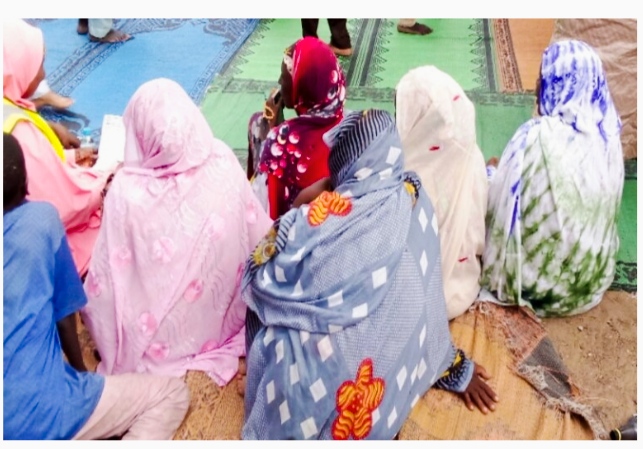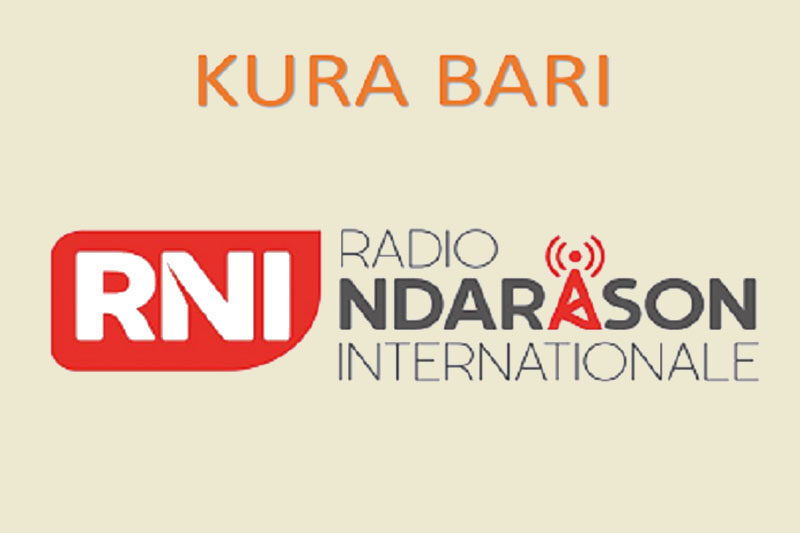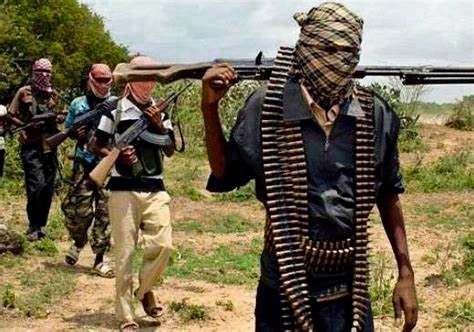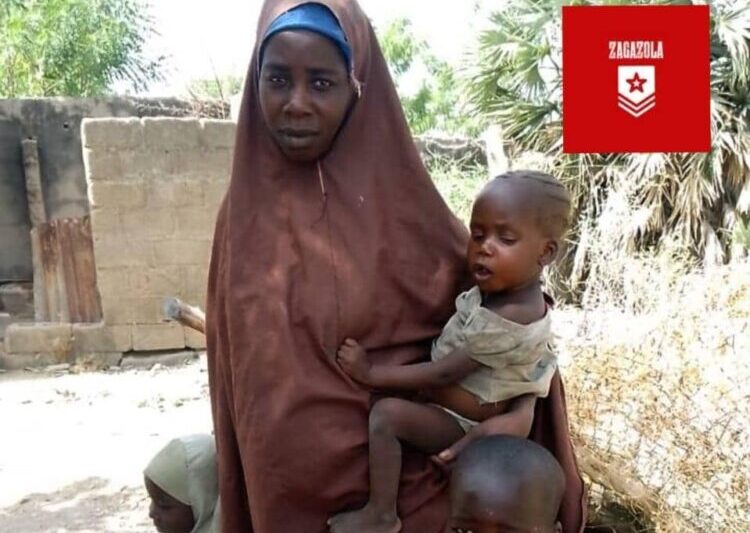Stigma and starvation have spurred some surrendered insurgents – who have been through months of deradicalisation and rehabilitation so that they could be reintegrated into their former communities – to sneak back to Sambisa Forest, the headquarters of the Jamā’at Ahl as-Sunnah lid-Da’way Wa’l-Jihād (JAS), better known as Boko Haram.
Yerwa Express News, an online media outlet based in Maiduguri in Borno State, published the findings of an extensive investigative report by Yunusa Bunu – Repentant Boko Haram terrorists are returning back to Sambisa and here is why – on Wednesday, June 23.
Bunu spoke to RNI: “During the investigation I discovered a lot more about Boko Haram. The story is much more complex. It is not just about how repentant Boko Haram members are sneaking back to Sambisa Forest. It became evident that at least 60,000 surrendered or repentant Boko Haram terrorists are under the custody of Nigerian government. Most of them are not real combatants but rather those who were forcibly recruited into Boko Haram and forced to take part in their activities and accept their ideology. Most are farmers who were abducted from their farmlands; others were abducted during raids on their villages or communities.”
Some of the repentant Boko Haram insurgents got the chance to flee Sambisa Forest after the death of Abubakar Shekau, the leader of JAS, in May last year, he said.
“It was then that the government began to receive more and more surrendered or repentant Boko Haram terrorists. They were kept in a protective camp for at least six months. After undergoing thorough deradicalisation and rehabilitation processes, some of the repentant Boko Haram were reintegrated back into their former communities.
“So, what we found out in our investigation was that, after the government started reintegrating the repentant Boko Haram members into their communities, they began to put the surrendered Boko Haram members into internally displaced persons’ camps, where international and local humanitarian agencies or non-governmental organisations [NGOs], as well as government agencies, were given the task and responsibility of providing food items and other humanitarian aid.”
The NGOs and government agencies at first distributed food and humanitarian aid to the residents. But then the system changed and residents of the camps were given meal card tickets, said Bunu. That meant any person who did not have a meal ticket would not get food and other provisions.
“But,” said Bunu, “some corrupt outsiders pretended to be residents and, in collaboration with corrupt camp officials, started to collect the meal tickets and food items that were meant for the IDPs and the repentant Boko Haram members. These outsiders, after collecting the food items, would go to the market it and sell them there.
“Our investigation showed that this was one of the factors that was causing or creating food shortages in the IDP camps, which resulted in many of the residents going hungry.”
Bunu said that some years ago, Borno State governor Babagana Umara Zulum used to visit IDP camps unexpectedly and unannounced, mostly at night, to ascertain the exact population or number of displaced persons that were taking refuge in the camps. In most cases, he found that the numbers had been falsified.
“For example, some IDP camps claimed to house 10,000 but, in reality, the population was not more than 1,000 or 2,000. That meant about 80% of the people who were collecting food items were not IDPs or repentant Boko Haram members but outsiders who got the food and then went to sell them in markets.
“Our investigation showed that the habit of falsifying population figures by some camp officials and the collection food items by outsiders was the major cause of food shortages and hunger in the IDP camps. And we also discovered that starvation was one of the factors that led repentant Boko Haram insurgents to sneak back to Sambisa Forest. They knew that if they stayed in the camp they could die of starvation, so they decided to return to their former ways,” said Bunu.
“Some of the repentant Boko Haram insurgents disguised themselves as firewood collectors and, once out of the camp and in the bushes, they would sneak back to Sambisa Forest. But that did not end well for some of them. Their former Boko Haram colleagues no longer trusted them and, in fact, regarded them as traitors, who deserved to be killed.
“This was a major problem for the repentant Boko Haram insurgents. It was as if they were caught in the crossfire: If they stayed in the camp, they would starve and experience stigma because of their past association with Boko Haram and, if they decided to return back to Sambisa Forest, their fellow Boko Haram members would, in all likelihood, kill them.”
Bunu said another aspect that the investigation revealed was that the government was not adequately prepared for the influx of surrendered or repentant Boko Haram insurgents. The burden was too much for the government in terms of feeding and accommodation, as well as other social services.
“The government needs a helping hand and maximum cooperation from international organisations, philanthropists, religious and traditional institutions, community members, as well as the public. When the United Nations Secretary-General, António Guterres, visited Maiduguri about two months ago, Zulum told the UN chief that the Borno State government needed support and help to address the issue of surrendered or repentant Boko Haram insurgents on how they should be reintegrated back to the community successfully. Zulum told Guterres that if they did not receive help, the successes recorded so far in the fight against the Boko Haram insurgency would be in vain. He said if the government got the necessary support, the problem would be resolved. If not, the issue would be a cause of great concern and would be another great challenge to the government,” Bunu said.
The investigation revealed that some experts were of the view that poverty, illiteracy and hunger were some of the major factors people had joined the Boko Haram insurgents.
“Our investigation clearly indicates that famine is the major factor or reason for repentant Boko Haram insurgents to return to Sambisa Forest and to continue with their former life.”
Bunu said the government needed to come up with strategic and decisive measures to address the issues of food shortages and hunger in IDP and/or repentant Boko Haram camps by providing adequate sustenance to avoid starvation. It should also set up a committee to monitor and supervise the distribution of food, essential items, and services such as healthcare, in the camps, so that corrupt camp officials and their collaborators and/or people living outside the camp could not get the chance to take and sell food that was meant for IDPs and repentant Boko Haram insurgents.
“If these measures are in place there will be enough food and humanitarian aid for inhabitants of the camps.”
Bunu said some of his sources for the investigative report included community leaders, such as ward heads (bulamas), camp officials and repentant JAS insurgents. Most of them lived in communities and in protective camps in the Konduga Local Government Area of Borno State.
SHETTIMA LAWAN MONGUNO








